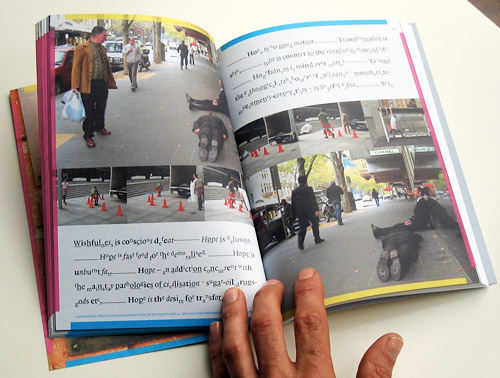This afternoon Maria, our neighbour, dropped over a large bag of green apples, produced by her trees. "No good for eating", she said, "but, OK for stewing". So I harvested what little rhubarb we had left and made a combined stew. For breakfast in summer we usually have organic rolled oats, that we buy in bulk, with stewed fruit or currants and local apple juice. In winter we make porridge and add local honey. The only time we have to visit a supermarket is when we have been disorganised, and missed the small produce shops or the Sunday market. Each time I walk into a supermarket I feel ambushed, and the more I learn about industrial agriculture and the plastics industry the more difficult it is to actually buy anything from these centers of mediated and fluorescent violence.

Many people are talking about post-capitalist strategies. Here's a few of mine: If you are in the city join or start a permablitzing community, if you're in a rural area grow your own food and buy, swap and glean from local growers. If you're into graffiti, plant fruit trees – think espaliered tags – where council workers might ignore or not see them until they are established. Official public art, such as my Poemscape, seems passé today, but all of this thought and activity is in transition from a broken cycle toxicology to a closed-cycle ecology. We need to get incrementally better at the latter in order to mitigate the former.


No comments:
Post a Comment